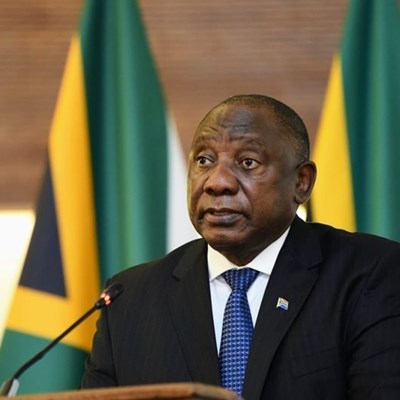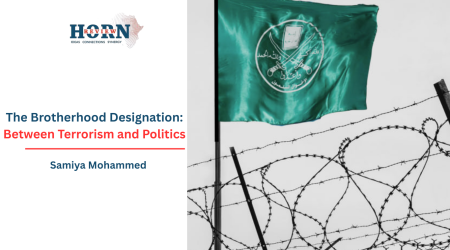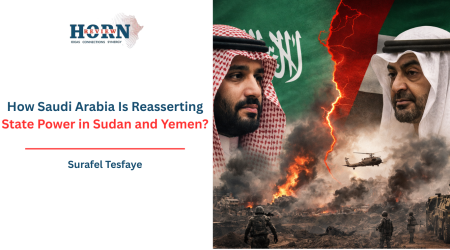
24
Apr
Ramaphosa and Trump Reopen Diplomatic Channels Amid Global and Domestic Strains
South African President Cyril Ramaphosa’s recent conversation with U.S. President Donald Trump marks a cautiously significant thaw in a relationship that has grown increasingly brittle in recent months. Their dialogue, centred on the urgent need to end the war in Ukraine, offered a rare moment of unity against a backdrop of global discord and bilateral unease. Both leaders expressed a shared desire to prevent further loss of life in Ukraine, and agreed to meet soon to address a widening array of issues clouding U.S.–South Africa relations.
Tensions between Pretoria and Washington have intensified since Trump’s return to office. The United States expelled South Africa’s ambassador earlier this year and froze development funds, citing Pretoria’s legal challenge against Israel at the International Court of Justice and its controversial land reform policies as flashpoints. U.S. policymakers have also voiced concerns over South Africa’s perceived pivot toward BRICS-aligned geopolitics, particularly its growing economic and military cooperation with China and Russia. The imposition of new U.S. tariffs on South African metals and agricultural exports has only deepened the economic fault lines, prompting anxieties about the long-term viability of trade and investment flows between the two democracies.
Domestically, Ramaphosa’s government faces growing scrutiny, particularly from minority groups such as white South Africans, who have raised alarms about marginalization amid land reform and affirmative economic redistribution programs. At the same time, South Africa’s hosting of Ukrainian President Volodymyr Zelenskyy, cut short due to a deadly Russian strike in Kyiv, demonstrates the nation’s ambition to mediate on the world stage despite internal contradictions and external pressures. The upcoming meeting between Ramaphosa and Trump may prove pivotal, not only in recalibrating U.S.–South Africa ties, but also in redefining the nation’s balancing act between its historical Western alliances and its evolving BRICS commitments.










